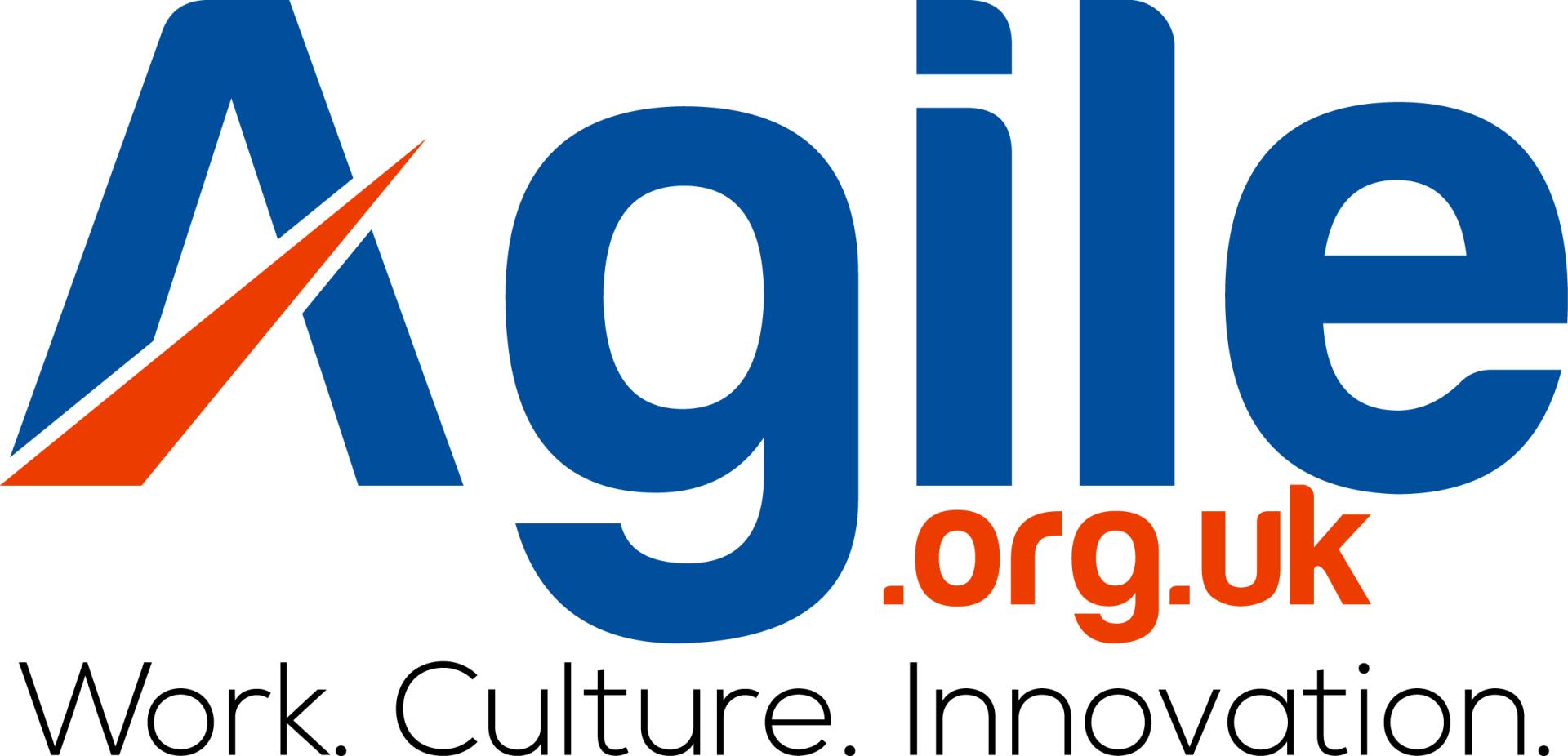Staff development is more than just a corporate buzzword; it’s a strategic investment that drives growth, innovation, and adaptability. Creating a culture of learning allows businesses to not only equip their employees with the latest skills and knowledge but also demonstrate a commitment to their personal and professional growth.
This boosts morale and job satisfaction and also positions the company as a forward-thinking leader in its industry. Continuous learning is the fuel that propels both individuals and organisations towards future success.
Essential Training For Food and Beverage Businesses
Every year, lapses in food safety protocols can lead to outbreaks, illnesses, and even fatalities, tarnishing brand reputations and incurring significant financial losses. For businesses in this sector, investing in comprehensive food safety training is not just a regulatory requirement but a moral obligation.
By ensuring that every team member, from kitchen staff to front-of-house, understands the intricacies of food handling, storage, and preparation, businesses can significantly reduce the risk of contamination and ensure the well-being of their customers. Such training instils confidence in consumers, knowing that their chosen establishment prioritises their health. Completing food hygiene courses online with the help of iHasco is a convenient and compliant way to ensure employees are fully trained in food hygiene, protecting them, your customers, and your business.
How Training Reduces Workplace Accidents
Safety in the workplace is a shared responsibility. Its importance transcends industries and job roles. Every accident or mishap at work not only jeopardises the well-being of employees but also leads to financial and reputational damage for businesses. If you prioritise safety training, your company can equip its staff with the knowledge and skills needed to identify potential hazards and take proactive measures to mitigate them. Such training sessions can range from understanding the correct use of equipment to emergency evacuation procedures.
A well-trained workforce is more likely to foster a culture where safety is ingrained in daily operations, reducing the likelihood of accidents. Fewer workplace injuries lead to reduced absenteeism, increased productivity, and enhanced employee morale. Investing in safety training is not just about compliance, it’s about creating a secure, efficient, and harmonious work environment for all.
The Tangible Benefits Of Staff Development
The return on investment (ROI) for staff development often extends beyond mere financial metrics. While the initial outlay for training programs might seem substantial, the long-term benefits are manifold. Firstly, well-trained employees tend to be more efficient, reducing errors and increasing productivity. This efficiency directly translates to improved bottom-line results. Moreover, continuous professional development often leads to higher employee retention rates.
When staff feel valued and see opportunities for growth, they are less likely to seek employment elsewhere, saving businesses the considerable costs associated with hiring and onboarding. A knowledgeable workforce enhances a company’s reputation, making it more attractive to potential clients and partners. In the age of online reviews and instant feedback, a company known for its competent and skilled staff can significantly outpace competitors. The ROI of staff development is a multifaceted advantage that drives both internal growth and external recognition.
Prioritising staff development is paramount. From ensuring workplace safety to boosting efficiency, continuous learning offers multifaceted benefits. Investing in employee growth not only fosters a positive work environment but also positions businesses for long-term success. Embrace training as the cornerstone of sustainable progress.













